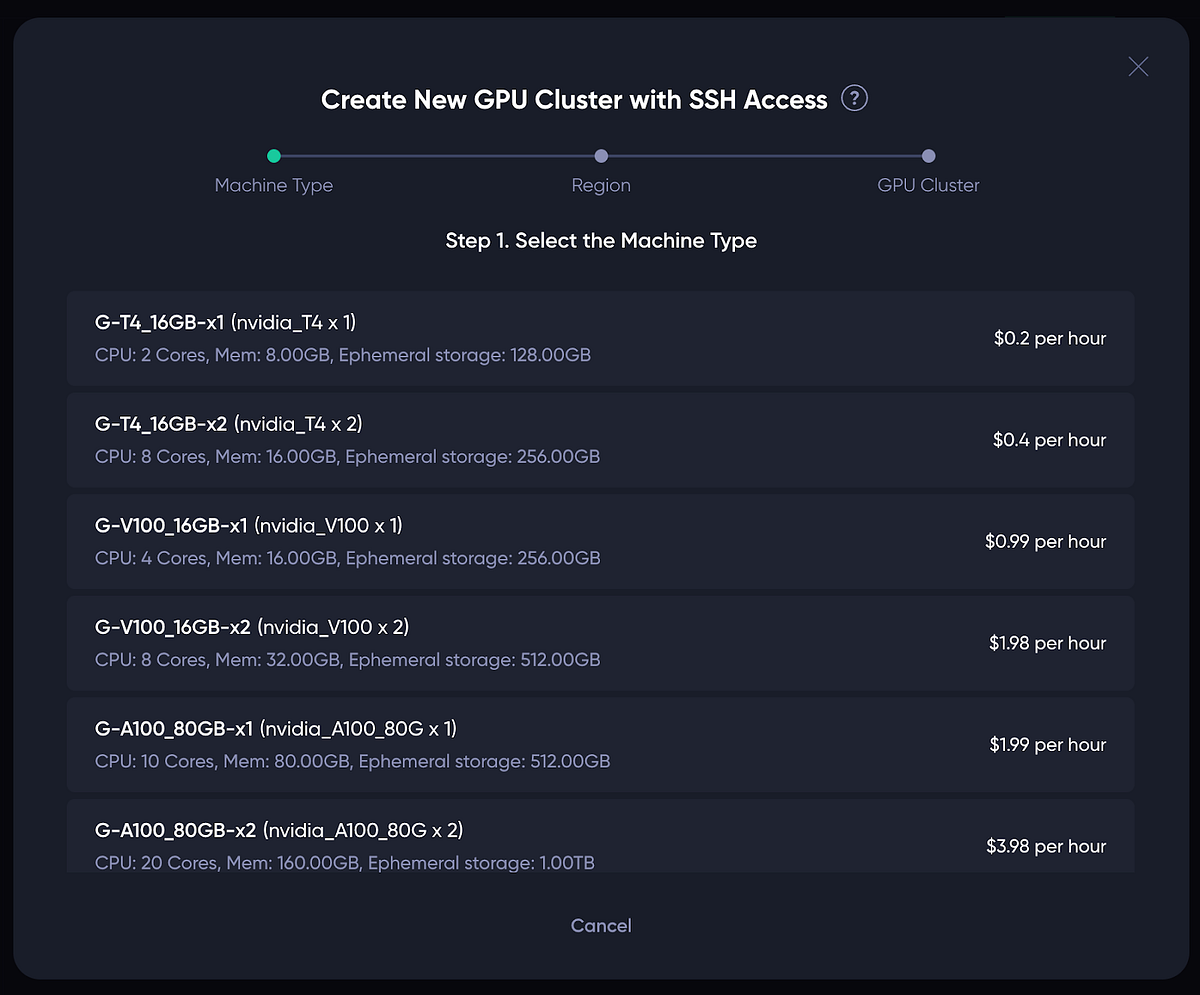Investors Shift from Pi Network and Filecoin to Coldware as DePIN Market Matures

In recent developments within the decentralized physical infrastructure network (DePIN) sector, investors from Pi Network and Filecoin are shifting their focus to Coldware ($COLD). This transition comes after mixed results from both projects, with Pi Network facing challenges during its mainnet launch and Filecoin struggling with scaling issues. Coldware stands out by offering hardware-powered infrastructure that connects digital tokens with physical devices, such as the Larna 2400 smartphone and ColdBook laptop, which serve as nodes in a decentralized network. This innovative approach is attracting attention from disillusioned investors looking for more tangible opportunities.
The migration of investors is driven by a combination of disillusionment and strategic capital redeployment. Pi Network’s prolonged delays and technical difficulties have led many holders to seek alternatives. Meanwhile, Filecoin’s pioneering status in decentralized storage is being challenged by competitors, prompting its investors to diversify into next-generation projects like Coldware. With Coldware’s presale approaching its $80 million soft cap, there is a sense of urgency among these experienced investors, who are eager to secure their positions before public listings.
What sets Coldware apart is its hardware-first approach, which addresses several critical issues that have hindered DePIN adoption. By creating purpose-built devices that act as network nodes, Coldware eliminates compatibility problems and provides a standardized foundation for developers. This user-friendly model allows everyday users to participate in the network without needing technical expertise. As the DePIN market matures, the shift of investors towards Coldware signals a growing preference for projects that deliver practical, real-world value over theoretical promises, marking a significant evolution in the DePIN landscape.
Related News





